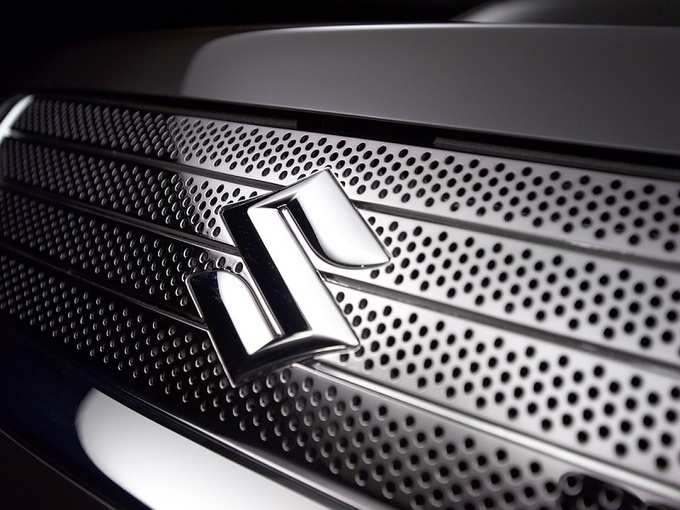
After revolutionising India's personal transport three decades ago and ruling the market ever since, India’s biggest automaker Maruti Suzuki has now decided to shift its focus to safety. It now aims to limit the number of platforms for its cars that would comply with country’s crash-test norms, which are getting tougher day-by-day.
As of now, MSIL sells 16 vehicles on about eight different vehicle platforms. However, it now plans to merge and introduce more models on three-four platforms so that it can make use of Suzuki's Total Effective Control Technology (TECT).
Also read: Maruti, Tata and Renault are India’s top auto players right now
If that happens, it would be able to launch safer cars which would conform to new crash-test standards, while also ensuring higher returns on investments because of the standardisation of parts.
"We introduced Suzuki's fifth generation platform with the
Also read: Maruti just stopped selling Ritz. Here's why
In collaboration with the global R&D team at Suzuki, its parent company from Japan,
This technology, named TECT, ensures that the vehicles are safer, stronger, and 10% more rigid, while making them about 15% lighter.
There have been three new models from the house of MSIL in the past two years, viz. Ignis, Baleno and
Also read: Buoyed by Vitara Brezza, Baleno’s success, Maruti to increase focus on premium cars
Ignis and the Baleno are designed to meet frontal, offset, side impact and pedestrian safety norms, and Vitara Brezza has been equipped to meet frontal, offset and side impact regulations before they are made mandatory for new models from October 1, 2017 and for existing models from October 1, 2019.
From its existing portfolio, the SCross, the Ertiga, and the Ciaz have been certified by homologation agencies for complying with advanced safety regulations.
Overall, MSIL has a target to make about 75-80% of its cars compliant with safety norms a year before the norms are made mandatory.
(Image source Car Brand Names)